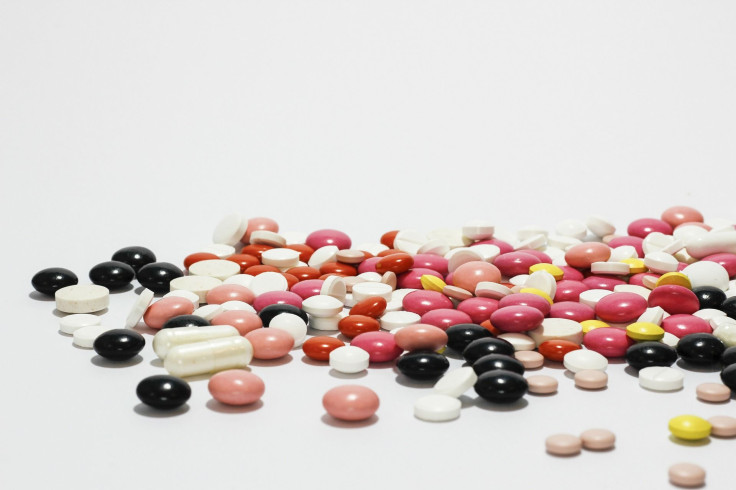Boost Mood, Foster Creativity, And Ease Anxiety With LSD? Update On Popular 'Microdosing' Trend

Typically associated with the “free love” movement, LSD is moving out of the counterculture and into office culture. In a growing trend known as microdosing, people are taking the psychedelic drug in small quantities to boost mood, foster creativity and ease anxiety.
Read: Psychedelic Psychiatry Could Be Making A Comeback; Study Shows LSD Could Reduce Negative Emotions
On the United Kingdom’s Victoria Derbyshire show, 28-year-old Simpa takes about one-tenth of an LSD tablet daily, reports the BBC.
"I take it with a cup of tea, my toast and my vitamins," he tells the show. Simpa takes the psychedelic drug to deal with depression and anxiety.
Those following the microdosing technique take a very small amount of psychedelics such as LSD and mushrooms, like Simpa, in order to get all the perceived benefits while avoiding a consciousness-altering trip, writes Wired magazine. The trend is popular in Silicon Valley, where the pressure to innovate wears on workers.
"Mental creativity and performance is how people make their career here in Silicon Valley," says Geoff Woo, the CEO at supplement company Nootrobox, in the magazine.
However, the movement has grown outside of California as people all over the world attempt to enhance their lives with regular drug use.
There is very limited research about whether this type of treatment works, but researchers are looking into it as microdosing gains in popularity.
British psychiatrist James Rucker was featured in BBC for his involvement in a clinical trial using mushrooms to treat depression. Rucker is one of a number of people carrying out scientific experiments into the potential medical applications of psychedelic drugs. The study did not look at microdosing and Rucker tells BBC there just isn’t any medical proof to support its benefit.
"The definition of a microdose is that you don't notice the subjective effect, but that doesn't mean it's not having any effect on you,” he says to the media outlet. "We don't know what the risks in the long term might be.”
BBC also reports on another doctor, James Fadiman, who has been researching psychedelics since the 1960s. He runs a website on microdosing where he asks people to report back to him about their experiences.
He tells BBC of his findings, "The most consistent result is people saying, 'My life seems to be working better.' [They are] more effective, their sleeping habits improve, their eating habits improve, they feel better in social situations."
According to Wired, Fadiman is working with studies in Australia and Europe to test microdosing.
As The Guardian reported, psychedelic psychiatry was popular until research was stopped in the 1960s following changes to regulations. However, the increasing interest from researchers and the community is spurring new tests, like Fadiman’s, to determine benefits and long-term effects of psychedelic drugs.
See Also:
Why Synthetic Cannabinoids Are A Dangerous Marijuana Alternative
Why Marijuana Makes You So Hungry: How A Hormone And Better Sense Of Smell Give You The Munchies



























